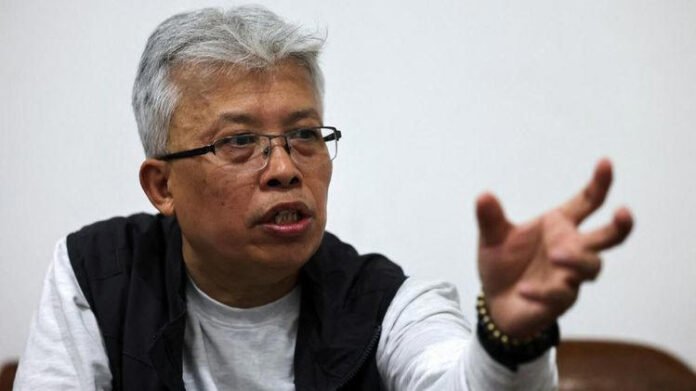Inner Manipur MP Bimol Akoijam has slammed restrictions imposed on members of the Meitei community attempting to visit sacred religious sites such as Thangjing and Koubru hills. He warned that continued obstruction of such fundamental religious practices could lead to deeper unrest in the already volatile northeastern state.
The issue centers around Meitei pilgrims being prevented from accessing Thangjing hill, located in the Churachandpur district, and Mount Koubru in Kangpokpi. Both sites hold immense religious and cultural significance for the Meitei people, who have traditionally undertaken pilgrimages to these locations for generations.
Speaking to the press, Akoijam asserted, “This is not just about religion or culture — it is about fundamental rights. These are Indian citizens being denied access to sites that are sacred to them. If this continues, normalcy will cease to exist in Manipur.”
A Crisis of Access and Identity
Thangjing hill is particularly revered as the abode of Ibudhou Thangjing, one of the principal guardian deities of the Meitei community. Each year during the Meitei lunar month of Sajibu, thousands of pilgrims make the journey to pay their respects. However, this year, tensions escalated as some groups opposed to the pilgrimage reportedly blocked routes and issued warnings to dissuade Meiteis from continuing their journey.
The standoff caused many pilgrims to turn back midway, retreating to the Moirang area in Bishnupur district. The blockade and opposition reportedly came from Kuki-Zo groups, some of whom cited security and demographic concerns as reasons for opposing the gathering. However, critics argue that these acts infringe upon religious freedoms and deepen communal fault lines.
Similarly, Mount Koubru — another spiritually significant site — has also seen similar access issues in recent years. Though situated in areas with mixed ethnic populations, the hill has long been considered sacred by the Meiteis.
Not a Communal Issue, But One of Governance
MP Akoijam was clear in framing the issue not as a communal clash, but a failure of governance. “If citizens are unable to exercise their constitutional right to religious freedom, then what kind of governance are we offering? These are peaceful pilgrimages, not political demonstrations,” he said.
He further warned that ignoring such fundamental issues could push Manipur toward a point of no return. “It is the duty of the state to ensure that every community can live with dignity and practice their faith without fear,” he added.
A State in Tension
Manipur has been on edge for over a year, with ethnic violence between Meitei and Kuki-Zo communities leaving hundreds dead and thousands displaced. While efforts at peace-building continue, the situation remains fragile, and incidents like the current blockade only aggravate tensions further.
Local civil society organizations, including Meitei religious and cultural groups, have also voiced their frustration. Many argue that such obstructions to sacred sites threaten not only freedom of religion but also the very fabric of Manipuri identity.
Despite deployment of additional security forces and repeated appeals for calm, the region remains fraught with mistrust and uncertainty. There are increasing calls for a neutral and strong administrative response to ensure that rights are upheld uniformly for all communities.
What Lies Ahead
Akoijam’s firm stance may put pressure on both state and central authorities to address the issue decisively. While his remarks have drawn support from many in the valley regions, they have also reignited debates over land, identity, and the balance of power in Manipur’s hill and valley areas.
At a time when Manipur desperately needs healing and reconciliation, the denial of access to sacred spaces may risk hardening divides. As MP Akoijam cautioned, “If the rights of one community are ignored today, the entire state’s peace will be at stake tomorrow.”
The road to normalcy in Manipur lies not just in peace talks, but in restoring trust and equal rights — including the right to worship, travel, and live freely in one’s own homeland.

